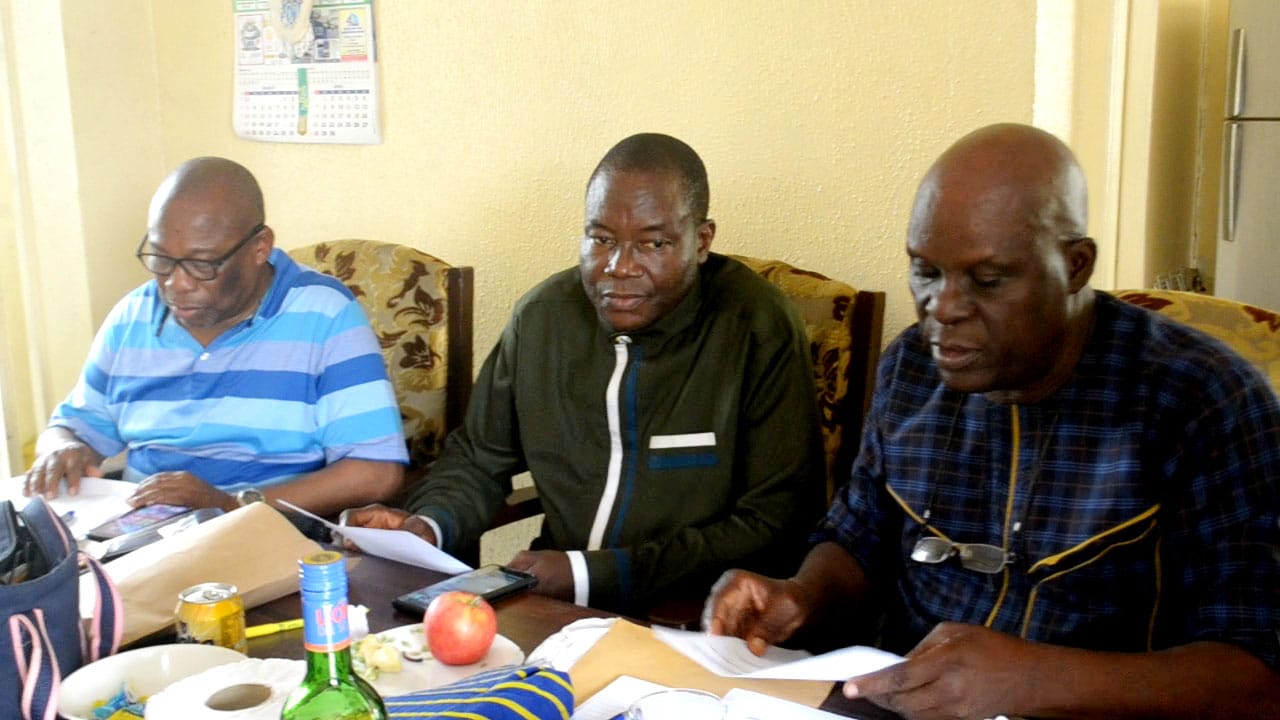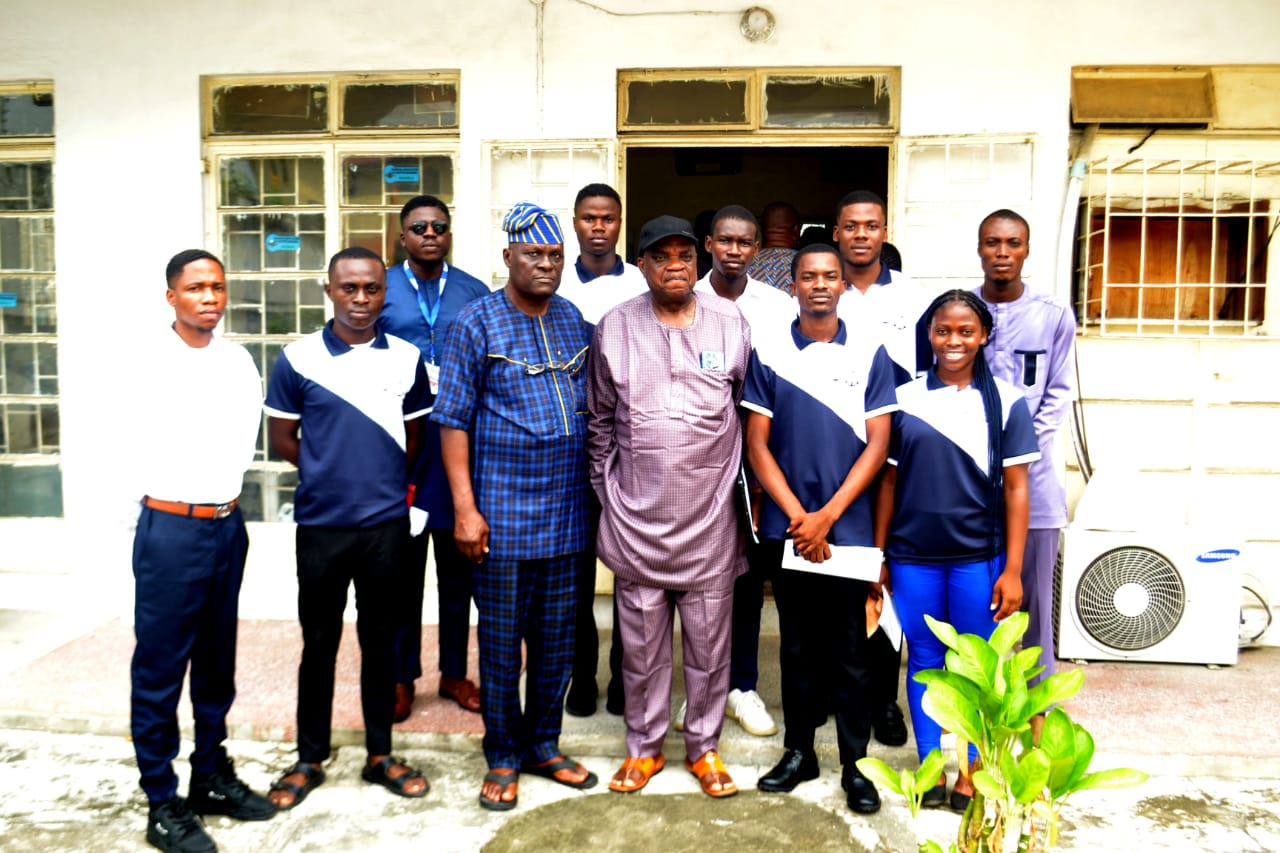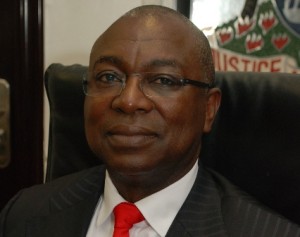The Nigerian Association of Master Mariners (NAMM) in its quarterly lecture held in Lagos, at the weekend, explained required structures according to provisions of the International Maritime Organisation (IMO), for effective maritime administration.

Speaking on what Nigeria should do for effective maritime administration, Captain Tajudeen Alao, president of NAMM, underscored the importance of a structure that must take cognizance of obligations according to the demands of signed Conventions and Protocols serving as guide.
“The structure we must have in place must meet up with our international obligations and that must be our focus, because how a country decides to manage their administration is up to that country. But what ever we want to do must reflect our obligation by the scope of the Conventions that we are part of.
“We have the international Convention for Safety of Life at Sea 73, 74, 78 and 88 protocols; Convention on marine pollution from ships 1973/78; International Regulation for Preventing Collision at Sea. There is the International Convention of Standards of Training, Certification and Watchkeeping (STCW). We have the other conventions like Ballast Water Management, conventions like Anti-fouling, Civil Liability for bunker/oil. We have the Recycling convention – Nairobi/London.
“So, we have all these conventions with obligations to implement and enforce within our coastal waters.”
Captain Alao explained how policy may continue to keep Nigeria out of the legitimate business of bunkering, a steady need for ship operations that other countries in the sub-region are taking advantage of.
He said: “There were actually more bunkering activities in Nigeria, but our policy said certain things were wrong, so those people in the operation moved to the triangle of Lome, Ghana, and Cotonou. These countries simply filled the gap. But, if we put our acts together there would be a lot of business activities, multiplier effect in shipping in Nigeria as a hub, than making policies that drive them away.”
The solution to that problem as the NAMM president noted, is to duly register operators in that area, according to law under the Port State Control. That way, Nigeria would have accredited bunkerers who would readily provide the needs of ships in that regard, than demanding for clearance papers that cause delays that are unprofitable in international shipping. “That is big business and a large employer of manpower,” Captain Alao added.
In his contribution, Captain Ihenacho Ebubeogu, charged the Nigerian Maritime Administration and Safety Agency (NIMASA) to adequately structure its regulatory functions to address the issues for effective maritime administration.
He recalled how local ship operators messed up opportunities created by the Nigerian Ports Authority (NPA) to support them, thereby leaving their ships to become wrecks after being allowed to enjoy some free 72-hour pass to restock victuals.
His words: “Local shipping did not help matters. At a time in Nigeria when they wanted the Ports Authority to help them, at least for them to have home advantage when they come to take supplies- water, victuals, so they wont pay harbour dues.
“Approval was got for them that if they are coming to take fresh water, change crew and do minor repairs and spares, they would get 72 hours to do that. But people took advantage of that approval in a negative way.
“When they are coming to ask for that, it was an appeal, but the day you request them to leave they would pull strings to reach higher authorizes and that local advantage became abused. They came in and didn’t agree to go out again. Eventually, most of them became wrecks.”
Captain Alao’s paper among other topics touched on the IMO member state instruments including rights, obligations and responsibilities. He explained some of the Conventions and Protocols such as the SOLAS 74; MARPOL 73/78; STCW 78 as amended; Ballast Water Management, Anti-fouling ; Civil Liability – Bunker/Oil cargo; Ship scrapping/Recycling as well as responsibilities of the Flag State and Port State Control duties.
Participants at the lecture also included cadets from the Federal College of Fisheries and Marine Technology, Lagos.


































































